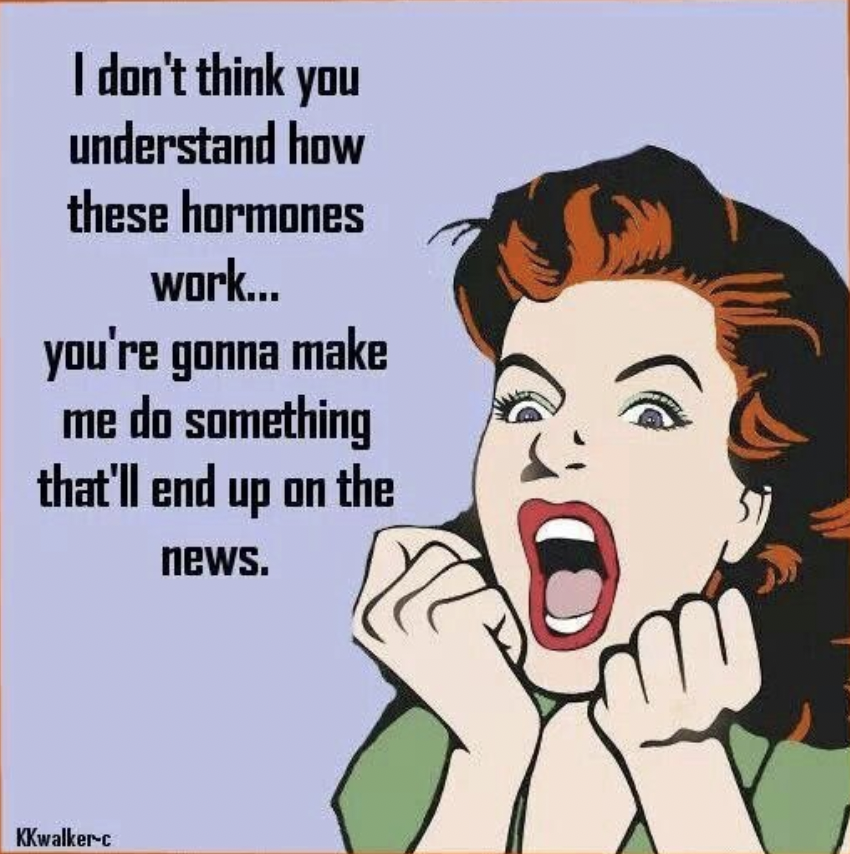Menopause Masterclass



Menopause Masterclass
Supporting our patients as they transition through menopause is an area of clinical practice where we can provide enormous relief from a range of distressing and uncomfortable symptoms.
Majority of women start experiencing sleep disturbances, and changes to their menstrual cycle in their early to mid 40s as they reach a perimenopausal state. Ovulation is no longer happening reliably each month, and the ovaries can begin fluctuating production of estrogen, progesterone and testosterone - leading to a rollercoaster ride of symptoms that vary from week to week, month to month.
Stress plays a massive role in perimenopause and menopause, with the adrenal glands and stress hormones beginning to play less harmoniously with the reproductive hormones estrogen, progesterone and testosterone. This can exacerbate any symptoms that may be present, and can throw even more instability into the mix - with severity of hot flashes, mood swings and sleep disturbance becoming magnified as stress levels rise.
Many of our patients seek our care hoping to achieve relief as a first port of call, wanting to utilise natural medicine to find relief from their symptoms. Chinese medicine and natural medicine have a lot to offer these women, however it’s far more complicated than simply diagnosing yin deficiency and imagining that we will be able to solve the night sweats that so many of our patients are presenting with.
There are also considerations to be made when menopausal patients have other things happening in their health:
other health conditions: type 2 diabetes, hypothyroidism, current or previous breast cancer treatment
medications: antidepressants, hormonal treatments, blood pressure lowering, blood sugar lowering
medical red flags & common co-morbidities that might have been missed: when to refer for further investigations
Chinese Medicine Treatment Strategies
We should expect our patients to experience significant relief from their symptoms, and there are 10 sub-types of Chinese medicine diagnosis patterns that we look for and identify when assessing a patient who is seeking support for peri-menopause and menopausal symptom management. We will cover each of these 10 sub-types in depth, and provide a set of reliable treatment strategies utilising herbal medicine and acupuncture. We will also discuss dietary and lifestyle prescriptions, relevant supplements, vitamins and other supportive natural therapies.
As important when treating these patients, is detailed discussion on how to adjust and accommodate your treatment strategies based on existing co-morbidities, and prescribing herbs alongside medications. How to troubleshoot your treatment strategy when your first or second attempt at implementing a treatment strategy doesn’t provide the relief you and your patient had hoped for.
What you’ll learn:
Western medicine overview of menopause
10 main Chinese medicine diagnosis patterns
Acupuncture and Herbal medicine formulas for each diagnostic pattern
Dietary and lifestyle prescriptions for each diagnostic pattern
Supplements, vitamins and other supportive natural therapies that will help or hinder each diagnostic pattern
Co-morbidities that can complicate the clinical picture
Prescribing herbs alongside common medications
Troubleshooting your treatment strategy if first or second attempt don’t provide relief
Who is this webinar for?:
new or seasoned practitioners, looking for fresh perspectives on treating menopause
practitioners who are ready to expand their thinking around the diagnosis patterns that show up in menopause patients
practitioners who practice acupuncture, herbal medicine, integrative tcm, or a combination of all 3 modalities
anyone who enjoys going full nerd, we guarantee you 4 hours of brain tingling, academically inspired, clinically relevant juicy content.
Presented by: Clare Pyers and Mary-Jo Bevin
Teaming up again after the extremely popular and well loved Herbs for Acupuncturists webinar, Mary-Jo and Clare will be proving yet again that two heads are better than one. Combining their 38 years of clinical experience in treating women’s health, you will be able to find your own approach as we compare and contrast the similarities and differences in our approach to treating this important clinical health concern.
CPD Points
On completion, you will get a certificate saying you have watched 4 hrs of pre-recorded content
(recorded in July 2023)
